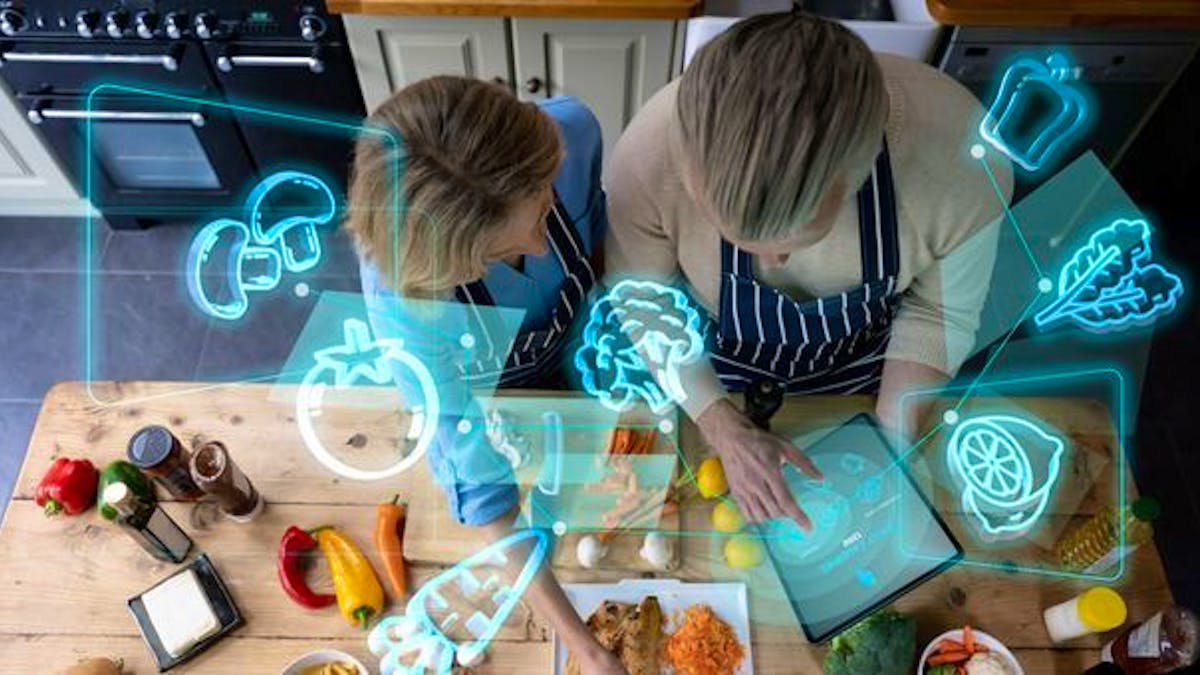Used to create new recipes or discover unprecedented associations of flavors, artificial intelligence has managed to make a place for itself in starred kitchens, but its use is still the subject of lively debates.
“Everyone talks about AI. I was at a table with 12 other chefs and we only talked about that, “said Matan Zaken, who runs the Star restaurant Nhome in Paris during the Michelin guide ceremony at the end of March.
“You would be surprised to know how many people use it” in the kitchen, according to the 32 -year -old chef.
“There are a lot of ego in the industry. They will not shout him on the roofs ”
Matan Zaken has openly adopted this technology which, according to him, has the potential to create new marriages of surprising ingredients and thus discover original flavors. Instead of relying on his usual recipe books, he now has access to a large online database containing photos of dishes, recipes and even chemical analysis of food molecules.
Thanks to his artificial intelligence tool, he notably discovered the complementarity between peanuts and bears garlic.
However, not everyone shares their enthusiasm. Although the professions of gastronomy are considered to be relatively sheltered from this technological evolution, unlike other sectors, the idea that computers can help, even replace, the creative process puts certain uncomfortable chiefs.
“Artificial intelligence will never replace the man’s hand, the cook’s palace,” said Philippe Etchebest, the media chef who celebrated his second star for his Bordeaux restaurant, a new house, during the Michelin ceremony.
Molecular analysis
If the question of artificial intelligence in cooking is debated, many seem nevertheless ready to adopt it to unload certain tasks, such as the writing of e-mails, job offers or the establishment of schedules.
Some applications, like menu or fullsoon, also offer very useful features, such as calculating the cost of a recipe or its carbon footprint. Using purchasing and invoicing data, certain services can also help restaurants provide demand, integrating factors such as weather and dates of local sporting events.
Raphaël Haumont, expert in food chemistry at Paris-Saclay University and co-founder of the French Center for Culinary Innovation, believes, however, that the most important changes will occur on the plate.
According to him, advanced databases on the ingredients, containing detailed information on molecules that produce aromas and flavors, could help create surprising new marriages. “The computer can find common points completely unexpected. For example, chocolate and cucumber, we now know that it works, ”describes the expert.
According to him, high precision robots could even perform certain tasks perceived as ungrateful in a sector which suffers from a chronic shortage of labor. “Who wants to peel potatoes for two hours?” He questions.

